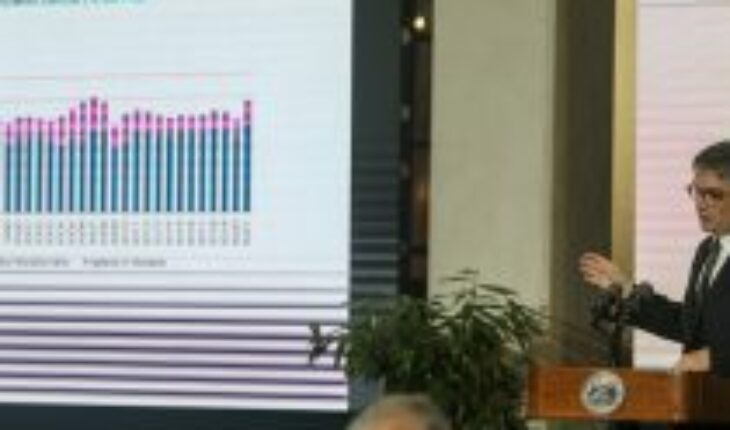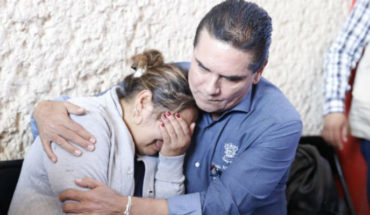The result of the exit plebiscite is unquestionable, the majority of the country rejected the first proposal for a new Constitution, but the need for substantive reforms remains in force in the country. This led all parties with parliamentary representation, as well as other collectivities, to initiate a new constitutional process based on the “Agreement for Chile” of December 12, 2022.
It was a difficult agreement for the government, after the defeat of September and with a radicalized right, so it was preferable to achieve a “bad agreement than to have none,” as President Gabriel Boric publicly pointed out. The President also pointed to the need to unblock negotiations between political parties and close 2022 with a new itinerary, around a series of principles that guarantee the unitary character of the country, the validity of the Senate, freedom of education, respect for private property, and progress to a social State of law. among other agreements.
The fact that it is a Commission of Experts composed of representatives appointed by the Senate and the Chamber of Deputies that prepares the constitutional draft – which is nothing more than a “quota” of the parties that signed the agreement, that is: 3 PS, 2 PPD, 1 PC, 1 Apruebo Dignidad, 2 DC, 4 UDI, 5 RN, 1 Evópoli, 1 Republican and 1 People’s Party – corresponds to the full return to the old partisan politics of the transition to democracy. In effect, the 50 representatives elected on a parity basis, must negotiate in mixed commissions with the experts the reforms so that they do not go beyond what was agreed in the agreement.
Let us imagine for a moment that a good proposal for a new Constitution is drawn up despite all these supervigilance mechanisms, and that it is approved in the exit plebiscite by a simple majority. The series of reforms it contains must be processed by the current Parliament in force until 2026, which in turn must translate into a series of organic laws with a Chamber characterized by an important fractionation, where the Christian Social Front alliance of the extreme right has 14 representatives, the traditional right “Chile Podemos Más” 54 seats, the People’s Party with 6, plus 1 independent out of pact and 1 representative for United independents. While the sectors of center and left, with the alliance New Social Pact and I approve Dignity, with 37 deputies each, Dignity Now 3 representatives and 2 independents linked to the former Green Ecologist Party.
This is the same Parliament that recently rejected the idea of discussing a timid and moderate tax reform of 3.6 points of GDP – in contrast to the campaign commitment to an 8.5-point reform – in order to finance the series of social benefits from a tax on the super-rich, among other taxes. in a country that has not yet recovered from the socioeconomic crisis caused by the pandemic, which demonstrates the difficulties of the party pact signed on October 12 to solve the constitutional problem, as Don Rodomiro Tomic said: “When you agree with the right, it is the right that wins”.
Comparative experience indicates precedents in this regard, as happened with the Colombian constituent process at the beginning of the nineties, promoted among other actors by the student movement, where although a new Constitution was approved, the old political caste gathered in Parliament did not have the will to promulgate most of the organic laws to date. turning that Constitution into a dead letter. In this regard, a former advisor to this process, Néstor Correa (1991), pointed out that “the absence of a homogeneous constitutional system and hermeneutics will hinder the implementation of the new institutions. The economic model is, at the same time, interventionist and neoliberal.”
The defeat of the first constitutional proposal and the tax reform forces us to rethink the new post-plebiscite cycle. Political efforts cannot be concentrated exclusively on seeking better correlations of forces and agreements within Parliament and its parties. Above all, we must bet on rebuilding – after a deep historic defeat – again a collective will with the national majorities that allowed Boric to be brought to the Presidency and that managed to open the constituent debate in Chile. Political parties and parliamentarians must dialogue with soc movementsials and citizens in general to democratize the spaces of power within them. Otherwise, there will be no substantive changes in the new Constitution or in the laws that should allow its implementation of its norms, despite the approval of this new proposal.
Follow us on
The content expressed in this opinion column is the sole responsibility of its author, and does not necessarily reflect the editorial line or position of El Mostrador.





